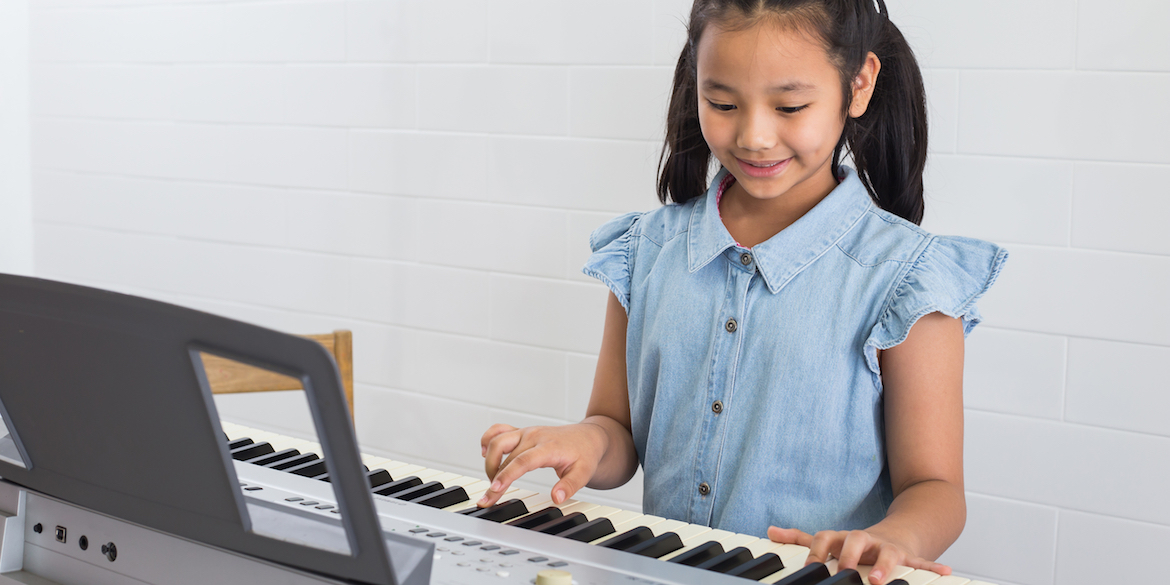Start Learning Piano Right With These 4 Useful Tips
People can play the piano, but this doesn’t mean learning the piano is a piece of cake. If you are a beginner, you might be wondering how everyone does it – learning to play the piano is quite challenging, but have patience, because learning to play an instrument will be an extremely fulfilling journey. The hours of practice will one day pay off and you will gain a new skill that you can bring anywhere with you, and be able to enjoy it as a form of relaxation and self-expression. To make your journey less arduous, we have come up with a few tips to help you in starting your first step. Let’s get it started!
4 Useful Tips to Start Learning the Piano
Hire The Right Piano Teacher
Nowadays, where online tutorials and courses abound, many aspiring pianists have successfully picked up piano playing with minimal costs incurred. However, for learning an instrument, nothing beats having a tutor to correct you in person.
An experienced piano teacher will be able to guide you according to your own pace, offer encouragement, and provide real-time feedback on your progress. There is no lack of keyboard piano lessons for beginners in Singapore, so choose wisely and find a teacher that is best for you.
Don’t Let Finger Exercises Trip You Up
Learning the piano often comes with countless sets of finger exercises that can sound boring and be so tiresome to practice. The purpose of these finger exercises is to solidify your finger technique, which is crucial to conquering more difficult passages of music later.
But when faced with pages and even books of exercises, even the most motivated student can feel like giving up. Don’t let your dislike for finger exercises be the reason you stop practicing! As the saying goes, ‘don’t miss the forest for the trees’, remember that the ultimate goal for finger exercises is to improve finger technique.
So, you can find other creative and fun ways to practice this, by inventing your own exercises, or using passages of your current repertoire as practice.
Structurize The Training Process
Seeing a new and challenging piece is enough to make a beginner pianist feel terribly overwhelmed but remember, no one’s expecting you to figure that out in a day! To make the piece look more manageable, always section out the piece into shorter sections, and tackle the sections one per day.
Break it down further into separate hands first, and don’t be afraid to start at a very slow tempo. Slow and sectioned practice is important even for seasoned pianists, as it helps to embed the notes into the muscle memory, and keep them in tune with the details of the music.
Practice Regularly is The Key
This goes without saying! Regular and constant practice is necessary to improve at the craft. Set aside time every day to practice within your means. For a beginner, a duration of 30 minutes per day is the norm. When it comes to practice, quality is often better than quantity, so set clear goals for each practice session and use a journal to keep track of progress. Only with committed practice can you see the progress from week to week, and it is then you will be able to look back and feel a sense of achievement!
Bonus Tip: Choose Your Piano Wisely
Learning a piano doesn’t mean you have to own a piano first, especially if you are enrolling in a music workshop because they have prepared it for you, but having one at home will accelerate your training growth. However, an acoustic piano is considered by many as a luxury item due to its high price, therefore, people tend to switch to a digital piano which has advanced features such as practical to use, high-quality sounds, compact & sleek design, and most importantly way cheaper than the acoustic piano.
Some renowned models like Casio PX-S1100, CDP-S160, Roland FP-10, FP-30 are a perfect choice for a beginner, but if you are still confused about which model or brand is the right one, rest assured, we have selected some of the best Digital Piano in Singapore for a beginner.
We hope these tips will come in handy in your piano playing journey! To receive even more personalized and ongoing guidance, you can look for keyboard lessons for beginners in Singapore. The baby steps may be slow, but the results will be worth it!





